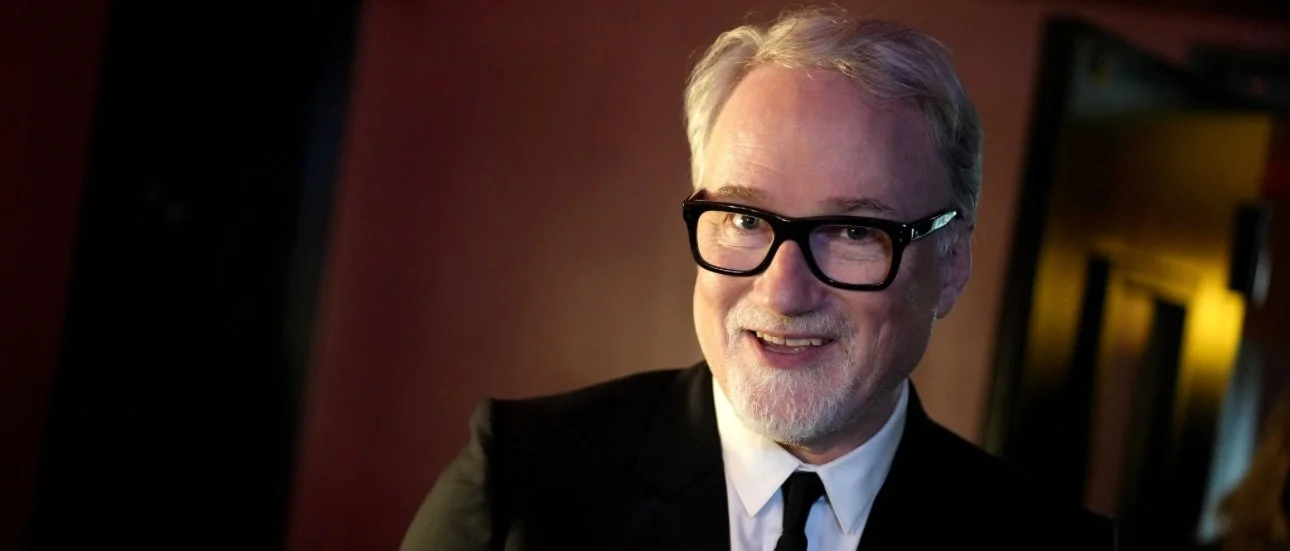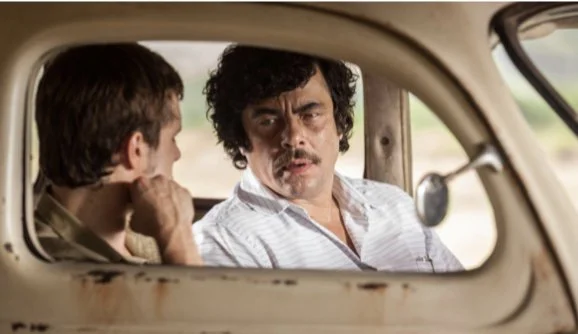Escobar - Paradise Lost, 2014, chronicles the last days of freedom of the most famous leader in Colombian drug trafficking, Pablo Escobar, of the infamous Medellín Cartel.
The directorial debut of Italian Andrea Di Stefano, who also wrote the screenplay, is inspired by events in 1991 but extrapolates them, taking as its basis the most excellent mafia film ever made. As in The Godfather, the figure of Pablo Escobar (Benício Del Toro) is a presence seen sparingly but felt all the time. Furthermore, his screen time is secondary to a young man who arrives without ties to crime to establish a relationship with the public.
The name Escobar has today grown into a name known by most. It's even commercialized to the extent of having casino-inspired slots from Escobar. For example, research by OLBG shows that you can play the game ''Narcos'' at Bet365’s online casino.
Nick (Hutcherson) is a young Canadian who comes to look for his brother Dylan (Brady Corbet) on the paradise beaches of Colombia). But instead of investing his time in teaching surfing, he ends up getting involved with Maria (Claudia Traisac), Escobar's daughter. The film even begins by introducing Pablito Escobar as a mayor of a work done and dear to the people. And like so many mayors with a particular taste for gold. When Nick questions Maria, “where does so much money come from?” the girl responds with innocence, “it's from the sale of cocaine to the Yankees.” Even though the poor girl is sure that “daddy is a good person and only wants the good of the family and the community.”
Hutcherson looks excellent on paper. He's versatile and has plenty of room to show his talent here. Equally positive is the touted presence of Del Toro as Pablo Escobar. The actor, who has made excellent mobsters in movies, goes from the charismatic and endearing to the monstrous and calculatedly vile in minutes in the skin of the drug dealer. I can't imagine another actor who would look so good in the role (if you thought of Javier Barden, his brother Carlos plays an essential role in the film).
Management and the Other Side of History
Di Stefano drives safely, but the film has its ups and downs. The unnecessary search for religious imagery seems to be placed there only to establish a parallel with the title of the film, Paraíso Perdido, also the name of the best-known work of the poet Milton. As in the book, the film shows its "Lucifer" in a sympathetic light - something that soon changes. Religion, of course, is also very present in The Godfather, but here it is merely symbolic.
The highs of Escobar - Paradise Lost includes an excellent sequence of tension as the film nears its conclusion. Hutcherson holds these scenes without Del Toro, and Di Stefano shows he can build suspense.
Violence is another interesting factor, as we are always peripheral to the criminal empire. When the shots start to fly, the result is powerful. Each death is genuinely felt without ever getting used to it. Violence is never fetishized or gratuitous. And with Pablo Escobar's bloody legacy, that's a tremendous compliment to this Paradise Lost.
Direction And Filming
In his debut as a director and screenwriter, Italian actor Andrea Di Stefano – we saw him in the role of a priest in Pi's Life – takes advantage of the rising flame of Josh Hutcherson, the male hero of Hunger Games, and, of course, subalterns the role that Benicio del Toro could have ripped off as Pablo Escobar. Let's be clear, the movie may be wrong, but the box office revenue may well justify such a narrative option. And because of the overwhelming hysteria we've seen around the 21-year-old Hutchinson's presence in San Sebastián to promote the film, we're even more convinced of that possibility.
The image of a God-fearing Escobar that we have at the beginning of the film holds up even as he prepares to turn himself into the authorities. Only in the flashback that follows will we see him as an actual bloodthirsty criminal, albeit in a reduced version. Of course, we will have some allusions to his Machiavellianism, as in the scene where he sends a gang of crooks who wanted to extort money from surfers to camp on the beach. We will learn that they were hanged and burned alive.
In fact, given the size of the one who became known as 'El Patrón,’ 'El Doctor,' or simply 'Don Pablo,’ one would think that Escobar was more adept at the ticker tape. And it wouldn't even be necessary to have the dimension of The Godfather or even Scarface, but, at the very least, something that would justify the usual weight of Benicio del Toro's compositions, he yes, bringing out a dimension close to Don Corleone.







